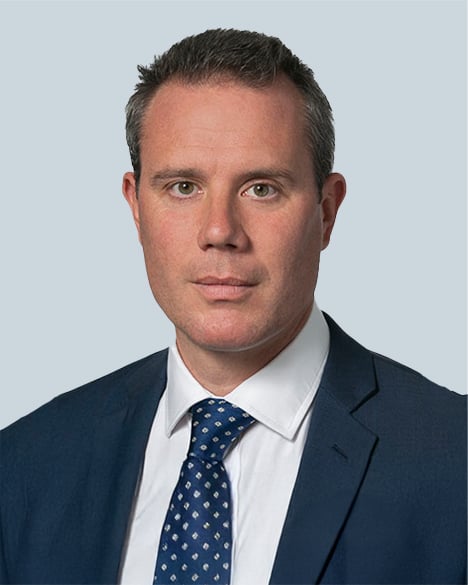The current focus by KEPSA and its esteemed members on the seventeen UN sustainable development goals (SDGs) and their pursuit in Kenya has brought an important conversation back to life. But whilst the goals of poverty eradication, zero hunger, good health and quality education have rightly been the natural starting point, some of the liveliest local arguments have been ignited by goal number nine, which deals with infrastructure. Considered automatically by the SDGs to be the very bedrock of formational economic development, infrastructure provision in many African markets has in fact a complicated and troubled history. A tragically long list of ambitious big-ticket infrastructure projects on African soil have been unnecessary, unbankable, undeliverable, paralysed by corruption, or some deadly combination of the above. Two recent investigations by Kroll illustrate the dangers to project developers, to contractors, to financiers and investors, and above all to the host country of getting it wrong.
In Mozambique some USD 2 billion of unconstitutionally arranged sovereign borrowing has saddled the state with unattainable repayment obligations and had a painfully negative impact on investor sentiment for the country. The debt was supposedly designed to finance the development of a major integrated maritime infrastructure programme to include commercial fisheries ventures, coastal policing, and security for a nascent offshore gas industry but in reality appears to have been systematically misspent and misallocated.
Kroll’s forensic investigation suggests that out of the total loan amount around USD 500 million cannot be fully accounted for, and that some of the equipment provided under the scheme may have been over-valued to the tune of USD 700 million. Much of it is not fit for purpose. Ordinary Mozambicans, whose taxes will now have to foot the bill, have been left dazed and confused by the size of the gaping hole.
Meanwhile, separately from the forensic investigation, some local sources in Maputo speculate that the borrowed funds were instead allocated to the state intelligence services, possibly to pay for the re-election campaign of the ruling Frelimo party, and to distribute patronage and largesse to senior political figures in the orbit of the former President.
Our second case takes us to the other side of the continent, to an oil-rich coastal city in West Africa, where a contract was awarded for the development of a new port facility. A consortium of foreign investors was assembled, funds were committed, and early-stage dredging and construction work began. After merely three months, however, the project was abruptly cancelled by the government. According to official explanations offered for the cancellation, it was found that the project was on a far greater scale than required by actual freight volumes or shipping movements, and that the contract was designed and awarded without proper consultation with the country’s national parliament.
These valid public concerns were amplified by the discovery that the senior politician promoting the development had considerable personal business interests and extended family ties to the region in which the port was situated. The cancellation of the contract award came at significant material cost to the foreign investors and was a reminder that prior to any infrastructure investment, as a bare minimum, international participants need to properly understand the motivations and incentives of the project within the context of the host country’s underlying political and economic wiring.
These cautionary lessons from diverse corners of Africa are not lost on Kenyans, who are avid followers of a vocal national press and an opinionated social media sphere, ever alert to their government’s decisions, and inclined by experience to close scrutiny of the allocation of public funds. Whilst some of the really big-ticket infrastructure aspirations witness the recently completed Standard Gauge Railway (SGR) from Mombasa to Nairobi, and the mooted Lamu Port-South Sudan-Ethiopia Transport (LAPSSET) corridor are driven by central government, the Kenyan push towards devolution since 2010 has opened up space for a secondary layer of nascent infrastructure provision, with all the attendant risks of regional pet projects, under-delivery by contractors, and financial irregularities. As the SDG conversation places ever greater focus on the role of infrastructure development in economic growth and poverty reduction, it is abundantly clear on the African canvass that only the right projects, in the right place and with the right rationale, and properly subjected to wider national debate and decision-making, will ultimately and cost-effectively contribute towards such desirable national ambitions.
This article appeared in the October - December 2017 edition of Private Sector. A KEPSA Publication.
Stay Ahead with Kroll
Forensic Investigations and Monitorships
The Kroll Investigations, Diligence and Compliance team consists of experts in forensic investigations and intelligence, delivering actionable data and insights that help clients worldwide make critical decisions and mitigate risk.
